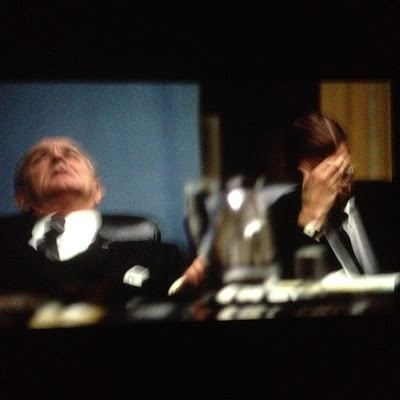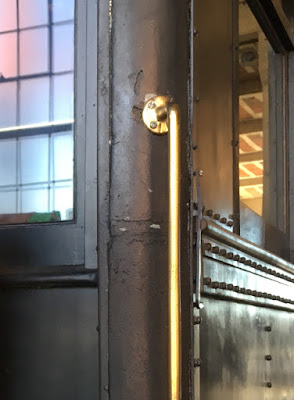I was a white boy growing up in the deep south.
In my life, 1951 . . . a vivid memory stands out: the remembrance of this brave man:

. . . his life, his work, his service to mankind, his leadership in the perilous project of fulfilling our Creator's call to
. . . bring good news to the afflicted, . . . to proclaim liberty to the captives and freedom to prisoners . . . (Isaiah 61:1)In my lifetime, I can think of no other American who demonstrated greater courage than Dr. Martin Luther King, Jr. He persisted tirelessly in the sacred call to blaze a trail of opportunity for oppressed people. He persevered in the face of certain death, as he fully understood the vengeful opposition of other men--white and black--who ultimately took him down.
The name assigned to him at birth, King, was appropriate, as he went on to conduct the life of a true leader, a born leader, an orator, an organizer who truly fulfilled the declaration of our nation's founding principles:
We find these truths to be self-evident, that all men are created equal, that they are endowed by their Creator with certain unalienable Rights, that among these are Life, Liberty and the pursuit of Happiness.
In my lifetime, I can recall no other person who more deserves annual remembrance during a national holiday. Although he had his faults, his own sins as we all do, he was a man of whom this world was not worthy. In this world, he helped God and fellowman to "make a way where there is no way." He blazed a trail toward that "equal" status mentioned by Mr. Jefferson and the Continental Congress when they composed our Declaration back in 1776.
I am looking forward to meeting Dr. King in heaven, or whatever you call it. Many years ago, I wrote this song about him and an ancient leader named Moses:
Mountaintop














